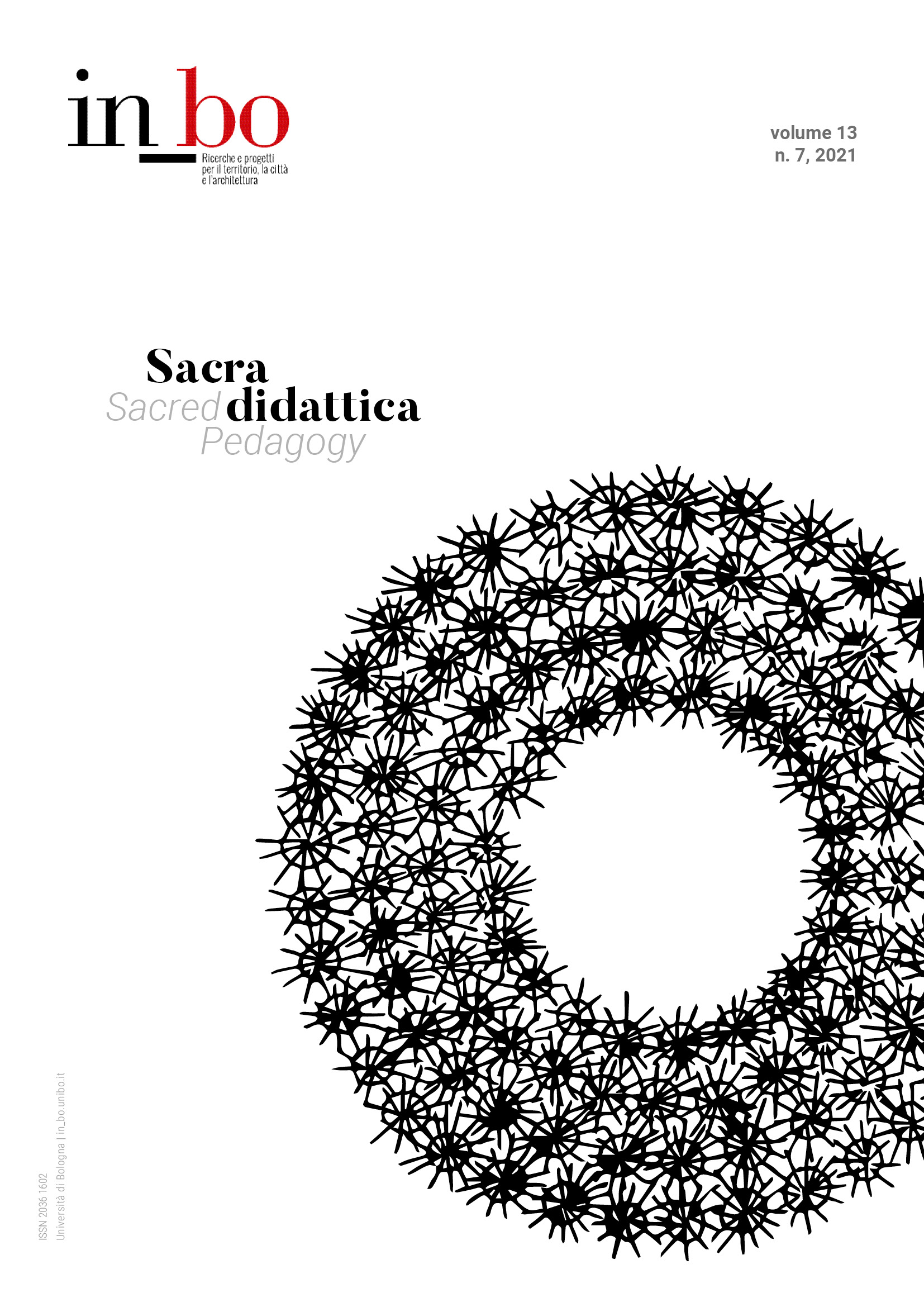Vernacular Shinto and Japanese Craft Culture: A Model of Immanent Spirituality for the Western Architecture Studio
DOI:
https://doi.org/10.6092/issn.2036-1602/14753Keywords:
Architectural Education, Immanence, Shinto, Virtue Ethics, Craft PracticesAbstract
When discussing the role of the sacred in design education, the conversation focuses on a transcendent divinity, the dominant paradigm of divinity in the West. This orientation towards a divine other underscores the separateness of rare, specific acts of design-for-the-divine from the majority of the projects students engage in studio and, later, in practice. Of greater value in contemporary classrooms may be student explorations of immanent forms of divinity; of spaces and objects that are not infused with spiritual meaning by their orientation towards some other, higher divinity but by the divinity present within themselves. An immanent orientation in student design studios can add layers of significance to finished projects and overlay the processes of design and production themselves, transforming them from simple acts of production into spiritual acts of communion with the divine.
Seeking as a model an extant design culture whose processes and products are intimately interlaced with the immanent-divine, this paper proposes a study of Japanese craft practices and the Japanese native religion of Shinto. Because it emphasizes practice over dogma, vernacular Shinto permeates modern Japanese culture, especially its art and design traditions. From this fusion of Shinto and contemporary Japanese craft, this paper derives three core lessons for Western designers and explores ways of incorporating these lessons into the western design education.
Downloads
Published
How to Cite
Issue
Section
License
Copyright (c) 2022 Allen Pierce

This work is licensed under a Creative Commons Attribution-NonCommercial 3.0 Unported License.





